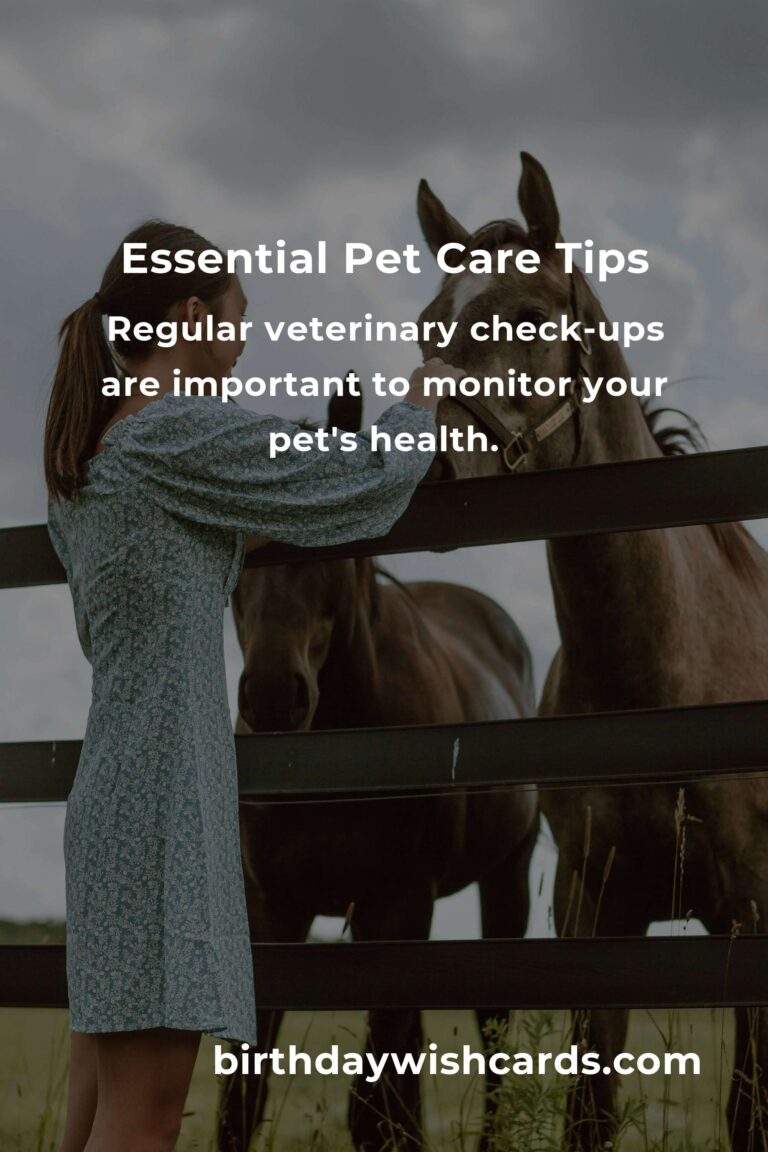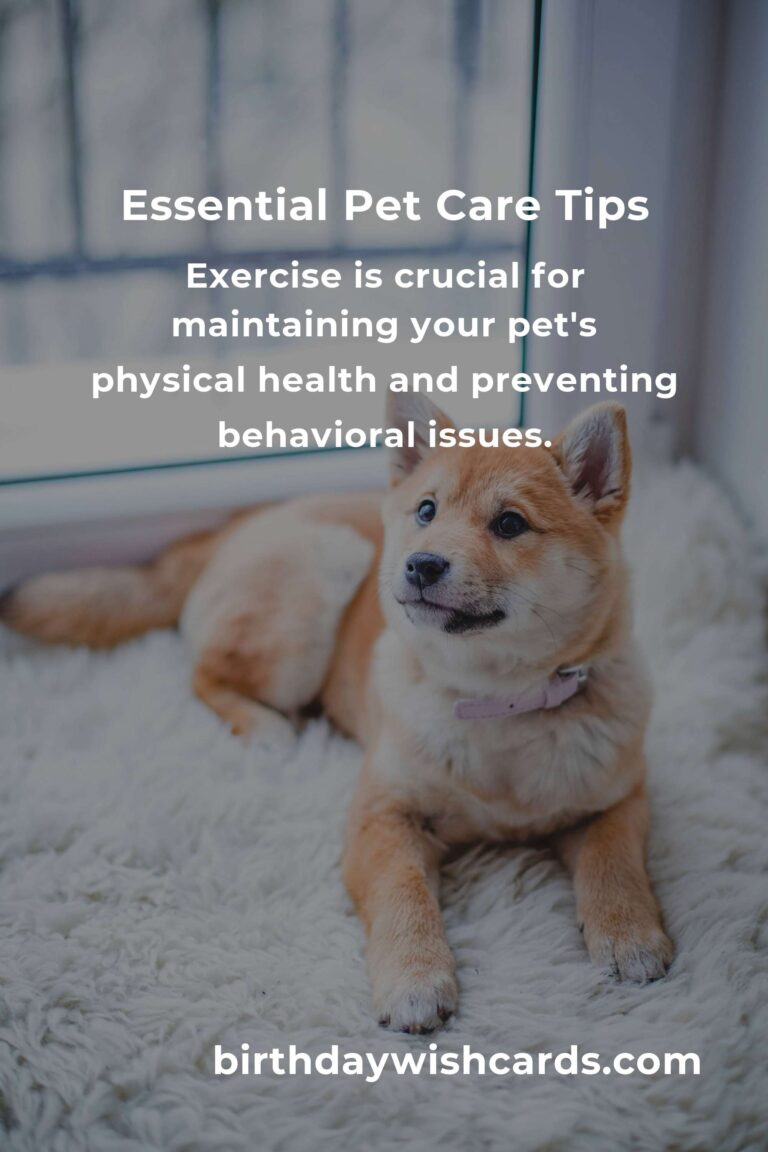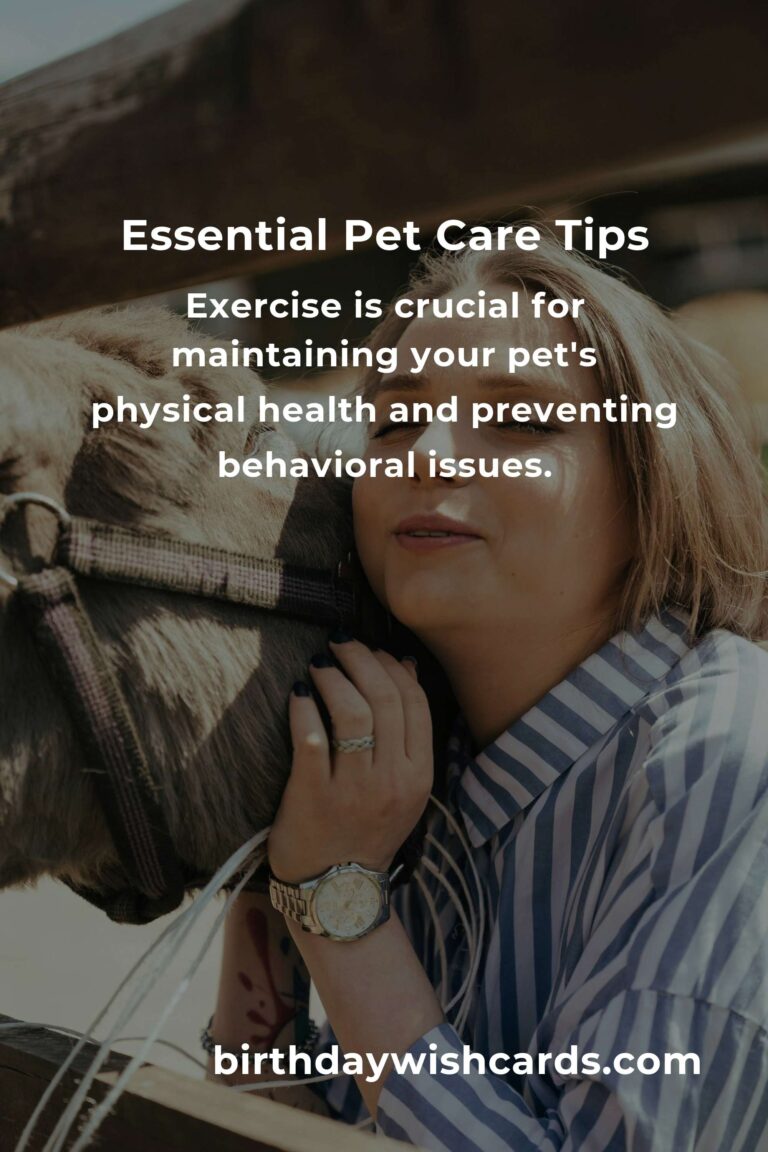
Bringing a pet into your home is a wonderful decision that brings joy and companionship. However, it’s also a commitment to their well-being and care. Understanding the basic concepts of pet care is essential to ensuring your furry friend lives a long, healthy, and happy life. This guide will help you navigate through the essential aspects of pet care, providing you with the knowledge you need to be a responsible pet owner.
Understanding Your Pet’s Needs
Every pet has unique needs based on their species, breed, age, and health. It’s crucial to understand these needs to provide the best care. For example, dogs require regular exercise, while cats benefit from mental stimulation through play. Birds may need social interaction, and reptiles often require specific environmental conditions. Researching your pet’s specific needs is the first step in responsible pet ownership.
Nutrition and Diet
Proper nutrition is vital for your pet’s health. Ensure you’re providing a balanced diet suitable for your pet’s age, breed, and health status. Consult with a veterinarian to determine the best food options and feeding schedule. Remember, overfeeding can lead to obesity, which is a common health issue in pets.
Veterinary Care
Regular veterinary check-ups are important to monitor your pet’s health. Vaccinations, dental care, and preventive treatments for parasites are essential components of veterinary care. Establish a relationship with a trusted veterinarian who can provide expert advice and treatment when needed.
Exercise and Mental Stimulation
Exercise is crucial for maintaining your pet’s physical health and preventing behavioral issues. Dogs need daily walks and playtime, while cats benefit from interactive toys and climbing structures. Mental stimulation is equally important and can be achieved through training, puzzle toys, and social interaction.
Creating a Safe Environment
Ensure your home is pet-friendly by removing hazards such as toxic plants, small objects that can be swallowed, and electrical cords. Provide comfortable bedding and safe spaces where your pet can retreat and relax.
Training and Socialization
Training your pet helps them understand acceptable behavior and strengthens your bond. Basic commands such as sit, stay, and come are essential. Socialization is equally important, especially for dogs, to prevent fear and aggression towards strangers and other animals.
Recognizing Health Issues
Being able to recognize signs of illness in your pet can lead to early intervention and treatment. Common symptoms to watch for include changes in appetite or behavior, lethargy, vomiting, and unusual discharges. Regularly check your pet’s body for lumps, bumps, and injuries.
Emergency Preparedness
Have a plan in place for emergencies, such as natural disasters or sudden illness. Keep a first-aid kit for your pet and know the location of the nearest emergency veterinary clinic. Microchipping your pet can help reunite you if they become lost.
Conclusion
Navigating pet care concepts can seem overwhelming at first, but with research, preparation, and dedication, you can provide a loving and healthy environment for your pet. Remember, being a responsible pet owner not only benefits your pet but also enriches your life with companionship and unconditional love.
Bringing a pet into your home is a commitment to their well-being and care. Understanding your pet’s specific needs is the first step in responsible pet ownership. Proper nutrition is vital for your pet’s health. Regular veterinary check-ups are important to monitor your pet’s health. Exercise is crucial for maintaining your pet’s physical health and preventing behavioral issues.
#PetCare #PetHealth #ResponsiblePetOwnership #PetNutrition #VeterinaryCare













